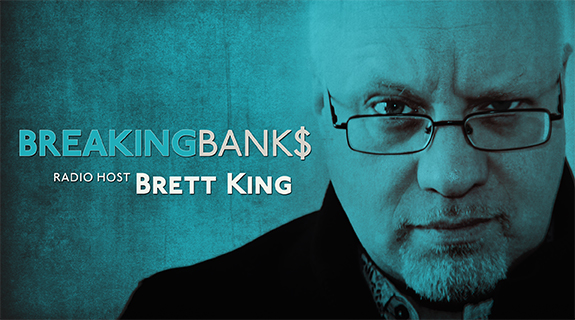Women in Fintech Series: Deanna Oppenheimer
Breaking Banks and Finextra continue their series of Women in FinTech with the illustrious Deanna...
Read Moreby VoiceAmerica | May 29, 2015 | Business | 0 |
Breaking Banks and Finextra continue their series of Women in FinTech with the illustrious Deanna...
Read Moreby VoiceAmerica | May 20, 2015 | Business | 0 |
Co- Produced by Ian Kar at FinTechToday and Breaking Banks: Ripple Labs, the innovative startup...
Read Moreby VoiceAmerica | Apr 17, 2015 | Business | 0 |
Breaking Banks and Finextra continue their series on Women in Fintech, profiling Amy Nauiokas,...
Read Moreby VoiceAmerica | Mar 3, 2015 | Business | 0 |
Breaking Banks and Finextra continued their profiles of Women in Fintech with Claire Cockerton of...
Read Moreby VoiceAmerica | Feb 4, 2015 | Business | 0 |
If you go to as many conferences as I do in the financial services and technology space (or...
Read More


